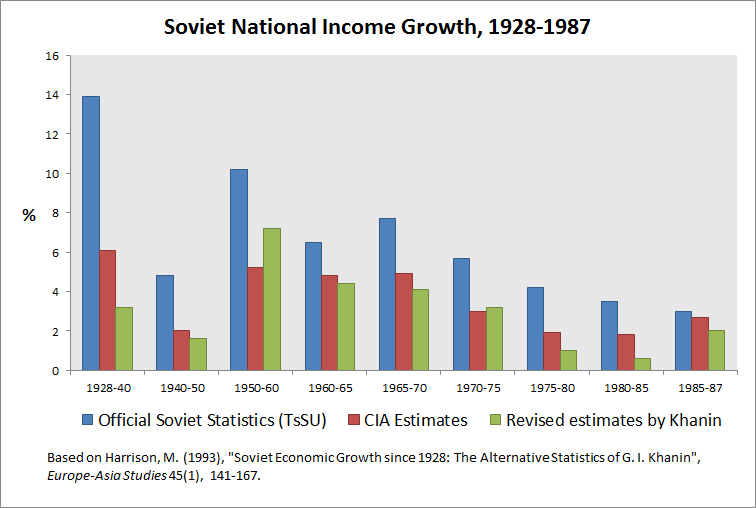I feel I should point out that WWI came before WW2. Without meaning to be facetious, it's possible you're underestimating the effect WWI had on Britain's ability to suffer losses on the same scale. WWI killed an awful lot of military-age men (and awful lot of boys who were considerably under military-age, too). There were communities where that entire demographic slice ceased to exist - there were children, and there were old men, but no males in between - and even where it wasn't wiped out it still took a significant dent. More importantly, large parts of that generation were either unable or unwilling to have children, which meant that about the time WWII was kicking off the proportion of military-age men may have been smaller, despite the larger overall population. In short, don't ignore the demographic aspects of those WWI casualties!
Thanks for reminding me of it, I agree that growing population totals can mask significant decreases in specific groups, and I should have taken this into account. However, most military-age men of 1942 were actually born pre-WWI, and annual births in the early 20th century (until 1915) were as numerous as in the late 19th century (when most WWI soldiers were born). (The birth rate was lower in the early 20th century than in the late 19th, but the accumulated population was higher, so the annual births were more or less unchanged, see the figures
here and
here). The birth rate fell precipitously in 1915-1918, and then recovered with a post-war baby boom in the early 1920s. All in all, the British manpower reserves were probably almost as large in 1942 as they were in 1915.
Also, compared to the WWII-era USSR or Germany, the British manpower was not actually really depleted even in WWI - Britain had some 9 million military-age men in 1914 and lost 'only' 744,000 of them as KIA, while a similar number were more or less permanently disabled, still leaving over 7 million (almost four fifths of the pre-war total) available. By way of comparison, the USSR lost over 11 million of its 38 million military-age men as KIA or POWs who died in the Axis captivity (assuming that a similar number were left disabled, this means that the Soviets had less than half of its pre-war military-age men left for drafting in 1945), and Greater Germany with its 18 million military-age men lost 4.3 (or even 5.3, depending on the source used) million as KIA and dead in captivity (again, assuming a similar number getting disabled, we get almost a half or much more than a half of pre-WWII German military-age men unavailable for service after 1945).
A generation later, none of the combatants wanted to suffer similar casualties and have another generation of young men wiped out. All of them pursued different means to that goal, with varying degrees of success, so it's also important not to underestimate the psychological effect WWI had!
While I agree that the psychological effect you mention was important, we shouldn't forget that Germany and the USSR managed to absorb much higher absolute and relative losses in WWII than any combatant in WWI, and it did not prevent both nations from recovering and going forward post-1945 to become an economic powerhouse and the world's second superpower, respectively.
In WWII, the problem was that the scything of young men that was WWI had already reduced the population and talent pool for WWII. Doing that a second time meant there was nothing left. Even IOTL, Britain went from being the world's #1 or #2 power (with Germany) to being a poorly aging lion to being on a ventilator all in the span of 31 years. If the US had gotten into WWIII anytime in the following 20 years or so, it would have been similarly gutted.
Again, Germany and the USSR were gutted by WWII (and their own governments' murderous policies in the 1930s and 1940s) much worse than the UK by both World Wars combined, and they still had a lot of manpower left for their ascent in the 1940s to 1970s. Of course, both Germany and (especially) the USSR were much larger population-wise than Britain, and this explains the British relative decline far better, I would think. It is not that Britain was especially badly gutted by the World Wars, it's just that it was not big enough to begin with, and it could only maintain its world leadership as long as its rivals were under-developed and it had its Empire to rely on. After Germany equaled Britain in economic development and the USSR closed the gap greatly, while the Empire ceased to exist, Britain's days as a world power were over, almost regardless of its war losses.
